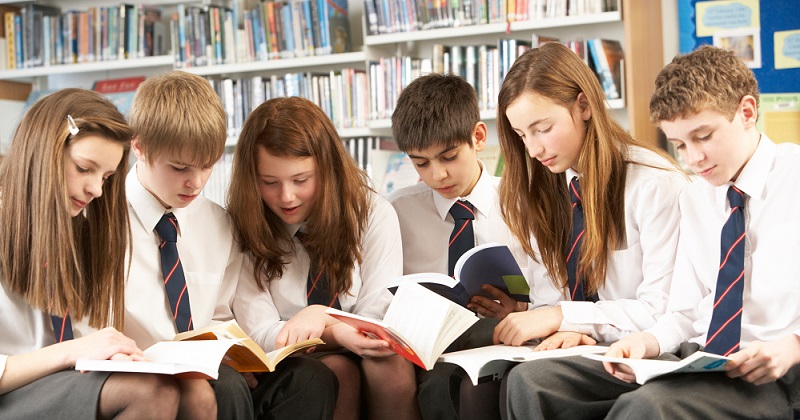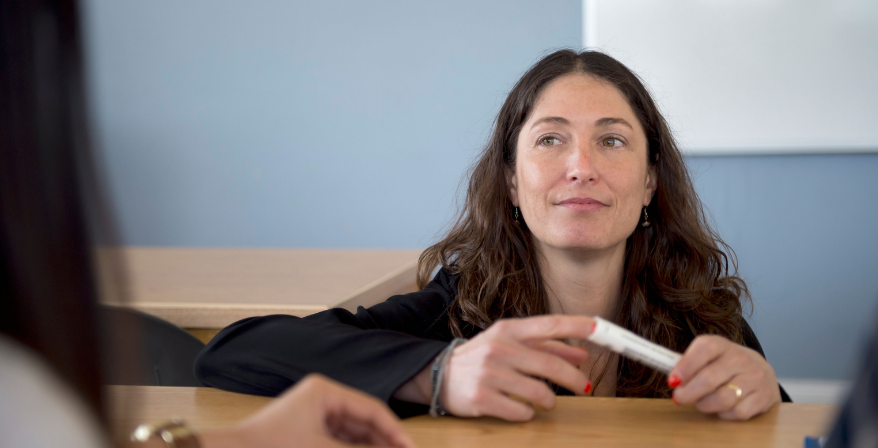
I don’t know about you, but I look forward to introducing a new class reader with the various classes I teach. There’s something about the opportunity to share great literature with young people and also have the chance to share my own passion as a reader. It’s always enjoyable to challenge myself with a new […]
Read more